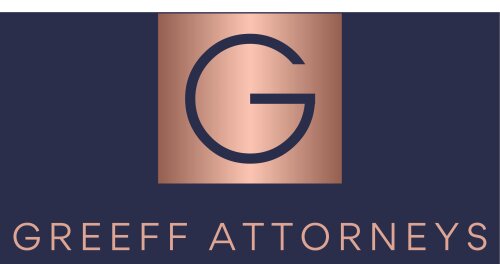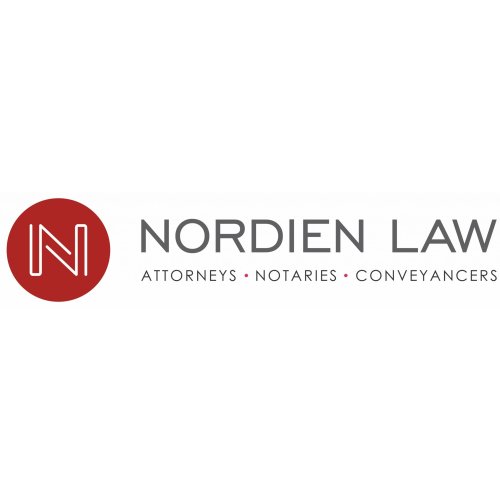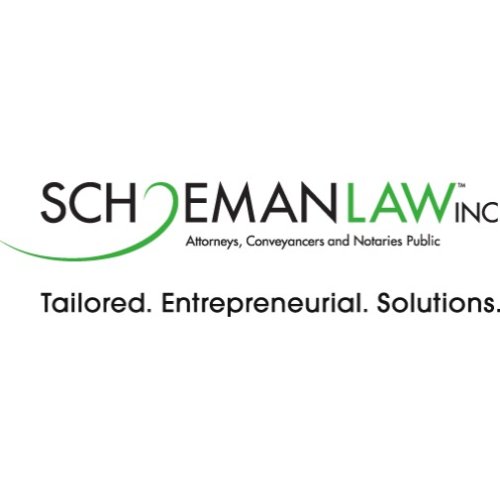Best Trusts Lawyers in Cape Town
Share your needs with us, get contacted by law firms.
Free. Takes 2 min.
List of the best lawyers in Cape Town, South Africa
About Trusts Law in Cape Town, South Africa
In Cape Town, South Africa, trusts are an essential tool used for estate planning, asset protection, and wealth management. A trust is a legal arrangement where assets are managed by a trustee on behalf of beneficiaries. South Africa follows both common law principles and statutory regulations in governing trusts, primarily under the Trust Property Control Act of 1988. Trusts can be established for various reasons, including preserving family wealth, providing for minors or individuals who may be incapacitated, and managing business interests. Navigating trusts law in Cape Town requires an understanding of both local statutes and the roles and responsibilities of trustees and beneficiaries.
Why You May Need a Lawyer
There are several scenarios where you might need legal advice regarding trusts in Cape Town:
- Setting up a trust: Creating a trust involves legal documentation and complex decisions about the structure and purpose of the trust.
- Estate planning: Lawyers can help integrate a trust into your estate plan to ensure that your assets are distributed according to your wishes.
- Disputes: Conflicts can arise among trustees and beneficiaries, requiring legal intervention to resolve.
- Trust administration: If you are a trustee, legal guidance can assist in understanding your duties and responsibilities.
- Modifying or dissolving a trust: Circumstances may change, necessitating alterations to the trust, which can be legally intricate.
- Tax implications: Trusts can have significant tax consequences, and a lawyer can provide advice on how to mitigate tax liabilities.
Local Laws Overview
The key legal framework governing trusts in Cape Town consists of several important elements:
- Trust Property Control Act, 1988: This is the primary legislation overseeing the administration and management of trusts in South Africa. It outlines the duties and accountability of trustees.
- Common Law: Many aspects of trust law in South Africa are inherited from Roman-Dutch law, providing a comprehensive legal tradition for trusts.
- Fiduciary Duties: Trustees have fiduciary duties to manage trust property prudently and act in the best interests of the beneficiaries.
- Tax Laws: The Income Tax Act impacts how trusts are taxed, including capital gains and income generated by trust assets.
- Master of the High Court: Trusts must be registered with the Master’s Office, which also oversees proper trust administration.
Frequently Asked Questions
What is the difference between a testamentary trust and an inter vivos trust?
A testamentary trust is established through a will and comes into effect upon the death of the testator, whereas an inter vivos trust is created during the lifetime of the settlor.
How do I register a trust in Cape Town?
To register a trust, you need to prepare a trust deed and submit it along with the necessary documents to the local Master of the High Court.
Who can be a trustee in South Africa?
Anyone who is capable of managing their own affairs can be appointed as a trustee, but it’s advisable to appoint someone with expertise and reliability.
Are trusts subject to income tax?
Yes, trusts are generally subject to income tax on earnings and capital gains, with unique rules that apply to different types of trusts.
Can a trust be altered or revoked?
Whether a trust can be changed depends on the provisions in the trust deed. Often, only certain aspects of a living trust can be altered or revoked, subject to legal advice and justification.
What protections does a trust offer to beneficiaries?
Trusts can protect assets from creditors and can be structured to avoid probate, ensuring that beneficiaries have access to assets according to the trust’s terms.
How is a trustee appointed and removed?
Trustees are appointed during the creation of the trust or as provided by the trust deed. Removing a trustee typically requires legal grounds, and sometimes court intervention.
What is the role of the Master of the High Court in trusts?
The Master oversees trust registrations, compliance, and can intervene in disputes about the management of trusts.
Do I need a lawyer to draft a trust deed?
While you are not legally required to have a lawyer draft a trust deed, professional legal assistance is strongly recommended to ensure all legal requirements are met and the trust operates as intended.
What are the consequences of a breach of trust?
A breach of trust can lead to legal action against the trustee, personal liability for losses, and removal from the position of trustee.
Additional Resources
Several resources can provide further assistance and information:
- Master of the High Court - Overseeing trusts in South Africa.
- Financial Planning Institute of Southern Africa - For professional advice on financial planning including trusts.
- South African Revenue Service (SARS) - For information on the tax implications of trusts.
- Legal Aid South Africa - Offers legal assistance for those who qualify.
- Law Society of South Africa - Can help in finding a qualified attorney.
Next Steps
If you find yourself in need of legal assistance regarding a trust in Cape Town, consider taking the following steps:
- Identify the specific legal issues and questions you have about the trust.
- Conduct preliminary research or consultations to understand the basics of your situation.
- Contact a qualified trust lawyer to discuss your needs in detail. Seeking counsel early can prevent costly mistakes or oversights.
- Prepare all relevant documentation and history related to the trust for your lawyer’s review.
- Consider ongoing legal advice to regularly help manage or oversee the trust, especially in complex situations.
Lawzana helps you find the best lawyers and law firms in Cape Town through a curated and pre-screened list of qualified legal professionals. Our platform offers rankings and detailed profiles of attorneys and law firms, allowing you to compare based on practice areas, including Trusts, experience, and client feedback.
Each profile includes a description of the firm's areas of practice, client reviews, team members and partners, year of establishment, spoken languages, office locations, contact information, social media presence, and any published articles or resources. Most firms on our platform speak English and are experienced in both local and international legal matters.
Get a quote from top-rated law firms in Cape Town, South Africa — quickly, securely, and without unnecessary hassle.
Disclaimer:
The information provided on this page is for general informational purposes only and does not constitute legal advice. While we strive to ensure the accuracy and relevance of the content, legal information may change over time, and interpretations of the law can vary. You should always consult with a qualified legal professional for advice specific to your situation.
We disclaim all liability for actions taken or not taken based on the content of this page. If you believe any information is incorrect or outdated, please contact us, and we will review and update it where appropriate.
















